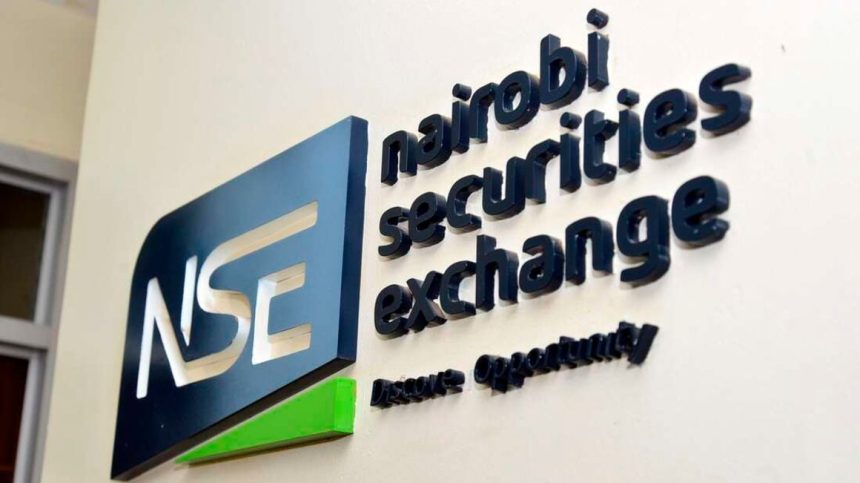Foreign investor participation at the Nairobi Securities Exchange (NSE) plunged steadily to a record low of 30.1 percent in March, trading shares worth Sh19.5 billion and leaving the bourse to rely on domestic investors who have less purchasing power.
The foreigners, who accounted for 81.6 percent of market activity in January 2019 when their trades stood at Sh26.4 billion, have been fleeing the NSE on the back of rising interest rates in the developed economies.
They have also been spooked by the weakening of the Kenya shilling and shortage of US dollars in the local market, developments that hurt their returns and made it difficult to liquidate their positions.
Data from the Capital Markets Authority (CMA) show that foreign investor participation fell steadily in recent quarters to 30.1 percent in the three months to March, coinciding with the decline in market capitalisation.
The total value of stocks listed on the NSE declined by Sh13.3 billion on Wednesday to stand at Sh1.67 trillion, sitting at a six-year low.
The selloff has hit many counters, including blue-chip firms like Safaricom, Equity Group and KCB Group which are popular with foreign investors due to their fundamentals and liquidity in terms of traded volumes.
Analysts say foreign investors have been struggling to access dollars after selling shares at the Nairobi bourse for repatriation of capital to their offices in Western capitals such as London and New York, with the currency problem acting as a disincentive to put new money in the local market.
“Early last year (March 2022) investors started to report that they were having delays in repatriating dollars from Kenya,” said Muathi Kilonzo, Head of Equities, Brokerage at EFG Hermes Kenya.
“These warnings culminated in an alert from investment research firm MSCI about the problem. This led to investors selling or reducing their participation in the NSE.”
The weakening of the shilling also remains a concern for foreigners trading on the stock market, exposing them to exchange losses upon exit.
Over the past 12 months alone, the local currency has depreciated 14.8 percent to trade at Sh135.8 units to the US dollar.
An investor who used $10,000 to buy Safaricom shares on April 26 last year and held the position until Wednesday would have incurred a loss of 57.9 percent, getting back only $4,203.
This includes a loss of 50.8 percent attributable to the decline in the telco’s share price and an additional 7.1 percent linked to the weakening of the shilling.
This scenario excludes the impact of transaction charges and dividends paid by Safaricom which would have done little to alter the capital loss.
As a whole, the NSE posted the worst dollar returns of negative 20.2 percent in the first quarter ended March among African peers, according to the Morgan Stanley Capital International (MSCI) Kenya Index.




